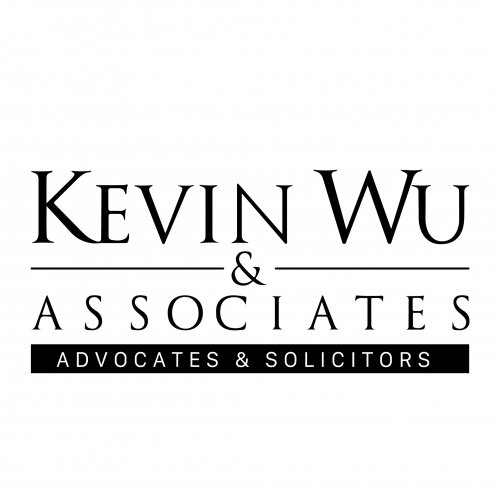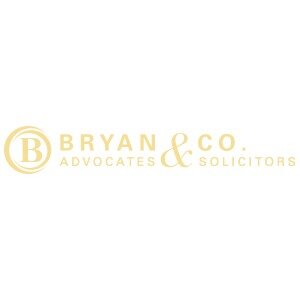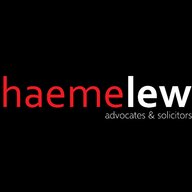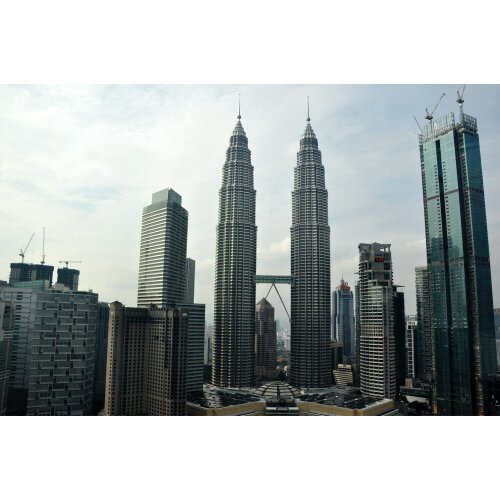Best Whistleblower & Qui Tam Lawyers in Malaysia
Share your needs with us, get contacted by law firms.
Free. Takes 2 min.
Or refine your search by selecting a city:
List of the best lawyers in Malaysia
About Whistleblower & Qui Tam Law in Malaysia
In Malaysia, whistleblower laws are designed to protect individuals who report wrongdoing or illegal activities within organizations, often involving public or corporate corruption. The intention is to create a transparent environment by allowing insiders to expose unethical practices with a reduced fear of retaliation. Qui Tam actions under such laws typically involve a private citizen bringing a lawsuit on behalf of the government against a violator, with the potential of receiving a share of the government’s recovery. While Malaysia's approach to these laws is continuously evolving, the Whistleblower Protection Act 2010 is the primary legislation offering protection to whistleblowers.
Why You May Need a Lawyer
Individuals often require legal assistance in whistleblower and Qui Tam cases due to the complexities and risks involved. Common situations include:
- Understanding the scope and protections of whistleblower laws.
- Evaluating the merits of a potential Qui Tam lawsuit.
- Ensuring confidentiality and minimizing retaliation risks.
- Guidance in properly reporting the misconduct to the relevant authorities.
- Legal representation in case of backlash from employers or legal counteractions.
- Negotiating potential settlements or representations in governmental inquiries.
Local Laws Overview
Key aspects of Malaysian laws relevant to whistleblower and Qui Tam include:
- The Whistleblower Protection Act 2010, which provides protection against detrimental action for those who disclose improper conduct to enforcement agencies.
- Regulatory pronouncements that encourage transparency and ethical conduct within government bodies and corporations.
- Employment laws that address unfair dismissals or retaliatory actions against whistleblowers.
- Constitutional protections that may support the free exchange of information regarding public interest concerns.
Frequently Asked Questions
1. What is the Whistleblower Protection Act 2010?
It is a Malaysian law that aims to protect individuals who expose misconduct in the public and private sectors from retaliation. It encourages whistleblowing by ensuring confidentiality and providing immunity from civil, criminal, or disciplinary actions.
2. Who can be a whistleblower under Malaysian law?
Any individual who has evidence of misconduct or illegal activities within an organization can act as a whistleblower, including employees, contractors, or stakeholders.
3. What types of misconduct are typically reported by whistleblowers?
Common types of wrongdoing include fraud, corruption, bribery, safety violations, and environmental harm.
4. Can whistleblowers remain anonymous?
While the law seeks to maintain confidentiality, complete anonymity may not always be possible, especially during investigations or court proceedings.
5. Are there financial rewards for whistleblowing in Malaysia?
Currently, Malaysian law does not specify financial incentives for whistleblowers similar to the Qui Tam provisions in some jurisdictions like the United States.
6. What should I do if I face retaliation after whistleblowing?
You should report any retaliatory actions to the relevant enforcement agency promptly. Legal advice may be necessary to explore further options under employment or civil rights laws.
7. Can whistleblowing impact my employment?
While legal protections exist, the reality is that whistleblowing can strain employer-employee relationships. However, legal recourse may be available in cases of unjust treatment.
8. Does the law cover disclosures made to the media?
Protection typically applies to disclosures made to the designated enforcement agencies. Disclosures to the media may not be covered under the Whistleblower Protection Act.
9. How do I ensure my complaint is adequately documented?
Collect all relevant evidence and maintain organized records of communications related to the misconduct. Legal counsel can assist in ensuring the completeness and accuracy of your documentation.
10. What role do lawyers play in whistleblower suits?
Lawyers provide expertise in navigating the intricate legal landscape, offering representation, and helping whistleblowers understand the potential consequences and protections available.
Additional Resources
For further guidance, consider reaching out to the following resources:
- The Malaysian Anti-Corruption Commission (MACC), which investigates complaints of corruption.
- Legal aid organizations that provide support in whistleblower cases.
- The Malaysian Bar Council for referrals to qualified legal professionals.
- Academic publications or journals focusing on whistleblower protection laws in Malaysia.
Next Steps
If you need legal assistance in whistleblower & Qui Tam matters:
- Document any misconduct or retaliation comprehensively.
- Consult an attorney with experience in whistleblower laws to evaluate the situation and explore your options.
- Consider reaching out to relevant agencies to understand your rights and protections under current laws.
- Maintain communication with your legal representative to stay updated on any changes or progress in your case.
Lawzana helps you find the best lawyers and law firms in Malaysia through a curated and pre-screened list of qualified legal professionals. Our platform offers rankings and detailed profiles of attorneys and law firms, allowing you to compare based on practice areas, including Whistleblower & Qui Tam, experience, and client feedback.
Each profile includes a description of the firm's areas of practice, client reviews, team members and partners, year of establishment, spoken languages, office locations, contact information, social media presence, and any published articles or resources. Most firms on our platform speak English and are experienced in both local and international legal matters.
Get a quote from top-rated law firms in Malaysia — quickly, securely, and without unnecessary hassle.
Disclaimer:
The information provided on this page is for general informational purposes only and does not constitute legal advice. While we strive to ensure the accuracy and relevance of the content, legal information may change over time, and interpretations of the law can vary. You should always consult with a qualified legal professional for advice specific to your situation.
We disclaim all liability for actions taken or not taken based on the content of this page. If you believe any information is incorrect or outdated, please contact us, and we will review and update it where appropriate.
Browse whistleblower & qui tam law firms by city in Malaysia
Refine your search by selecting a city.















